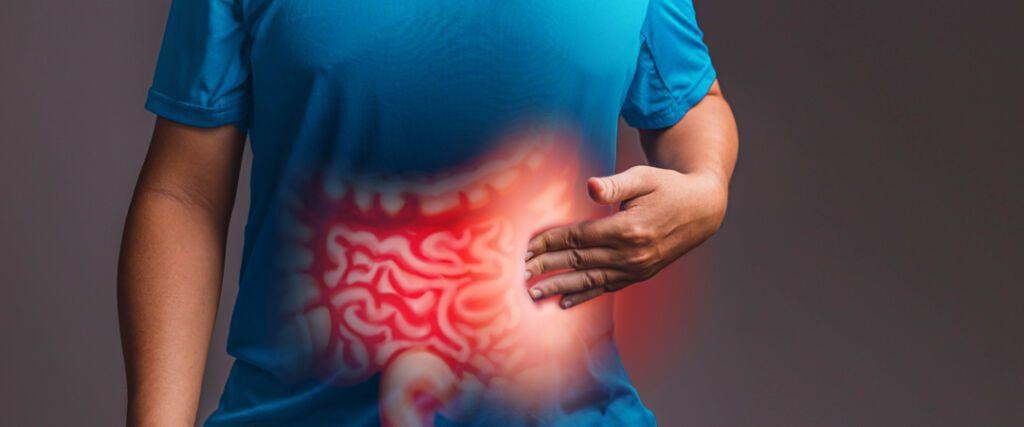
Recent advances in visceral and digestive surgery have revolutionised the medical field, offering more effective treatments and remarkable results. If you’re wondering what you need to know about these advances, this article will give you all the information you need.
Visceral and digestive surgery treats diseases and disorders that affect internal organs such as the stomach, liver, intestines, pancreas and so on. Thanks to advances in technology and the latest surgical techniques, surgeons can now perform less invasive operations, resulting in faster recovery and fewer post-operative complications.
Minimally invasive techniques, such as laparoscopy, allow surgeons to perform procedures through small incisions, reducing the risk of infection and scarring. In addition, surgical robotics have revolutionised the way surgeons perform certain complex operations, offering greater precision and dexterity.
Thanks to these advances, patients can now benefit from faster, less painful treatments with shorter recovery times. If you’re considering visceral or digestive surgery, understanding the latest advances is essential to making an informed decision and finding the best treatment for your needs.
EVOLUTION OF SURGICAL TECHNIQUES IN VISCERAL AND DIGESTIVE SURGERY
Visceral and digestive surgery treats diseases and disorders that affect internal organs such as the stomach, liver, intestines, pancreas and so on. Thanks to advances in technology and the latest surgical techniques, surgeons can now perform less invasive operations, resulting in faster recovery and fewer post-operative complications.

LAPAROSCOPIC SURGERY IN VISCERAL AND DIGESTIVE SURGERY
Laparoscopic surgical techniques allow surgeons to perform operations through small incisions, reducing the risk of infection and scarring. This less invasive method also offers benefits such as a shorter hospital stay, faster recovery and less post-operative pain. Laparoscopic surgery is commonly used to treat conditions of the gallbladder, appendix, stomach and intestines.
ROBOTIC SURGERY IN VISCERAL AND DIGESTIVE SURGERY
Robotic surgery has revolutionised the way surgeons perform certain complex operations. Surgical robots give doctors greater precision and dexterity, resulting in more accurate outcomes and fewer post-operative complications. This technology is particularly used in prostatectomy, colorectal surgery and hernia repair.
ADVANCES IN MINIMALLY INVASIVE SURGERY FOR THE DIGESTIVE SYSTEM
Recent advances in minimally invasive surgery have greatly improved the treatment of the digestive system. Procedures such as endoscopic surgery allow surgeons to access internal organs through an endoscope, reducing the need for large incisions. This approach reduces the risk of infection, bleeding and post-operative complications, while offering faster recovery.
ENHANCED RECOVERY AFTER SURGERY (ERAS) PROTOCOLS IN VISCERAL AND DIGESTIVE SURGERY
Enhanced Recovery after Surgery protocols, also known as EARS, are multidisciplinary programmes designed to speed up patients’ recovery from surgery. These protocols include measures such as pain management, optimal nutrition, early physical activity and reduction of postoperative complications. EARS have been shown to reduce hospital length of stay and improve overall patient outcomes.

ENDOSCOPIC PROCEDURES IN VISCERAL AND DIGESTIVE SURGERY
Endoscopic procedures have become commonplace in visceral and digestive surgery. They allow surgeons to look inside the body using an endoscope, a flexible tube fitted with a camera. These procedures can be used to diagnose and treat a variety of conditions, including stomach ulcers, intestinal polyps, tumours and gallstones. The benefits of endoscopic procedures include faster recovery, less post-operative pain and a lower risk of infection.
EMERGING TECHNOLOGIES IN VISCERAL AND DIGESTIVE SURGERY
Ongoing research in the field of visceral and digestive surgery has led to the emergence of promising new technologies. Advanced medical imaging, such as intraoperative ultrasound and computed tomography, provide surgeons with valuable real-time information about internal organs. In addition, advances in virtual and augmented reality offer new opportunities for surgeon training and planning.
LATEST RESEARCH AND INNOVATIONS IN VISCERAL AND DIGESTIVE SURGERY
Research and innovation in the field of visceral and digestive surgery is constantly evolving. Scientists are working on new surgical techniques, medical devices and drugs to improve patient outcomes. Current areas of research include computer-assisted surgery, the use of biomaterials for tissue regeneration and gene therapies for the treatment of digestive diseases.
CONCLUSION: THE FUTURE OF VISCERAL AND DIGESTIVE SURGERY
Thanks to recent advances in visceral and digestive surgery, patients are benefiting from more effective treatments and improved outcomes. Less invasive surgical techniques, robotic surgery, endoscopic procedures and improved post-operative recovery protocols have revolutionised the field of digestive surgery. As research and innovation continue, it is certain that new advances will continue to improve treatments and patient outcomes.

